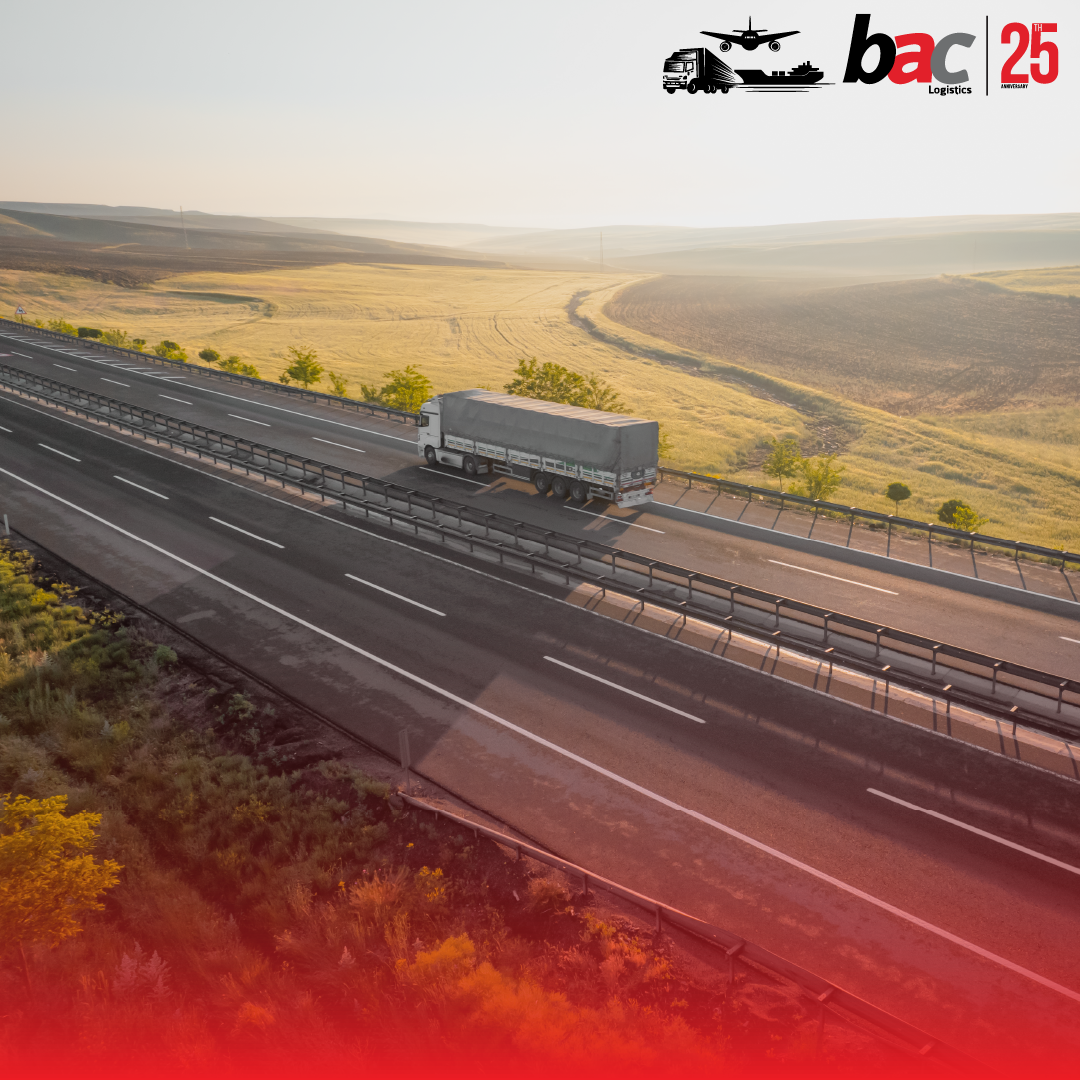In today’s interconnected world, businesses rely heavily on efficient and flexible transportation services to move their goods. Road freight services are essential for companies across various sectors, enabling quick, reliable, and economical delivery. For businesses to maximise the benefits of road freight, understanding the distinctions between various types is crucial.
This article explores the primary road freight services, from Full Truckload (FTL) to Less Than Truckload (LTL), and when each is best suited to meet a business’s transportation needs.
1. Full Truckload (FTL) Freight
What is FTL Freight?
Full Truckload (FTL) is a road freight service where a single shipment occupies the entire truck’s space. FTL is ideal for businesses with high-volume loads or cargo that require direct, uninterrupted transport.
When to Choose FTL Freight:
- Large Shipments: FTL is best for businesses shipping enough volume to fill an entire truck or when products are fragile and require exclusive space.
- Shorter Transit Times: FTL trucks are often loaded at a single origin and driven directly to the destination, reducing handling and transit times.
- Higher Security and Control: With no other loads on board, there is minimal handling, reducing the risk of damage and increasing security.
Advantages of FTL Freight:
- Shorter transit times due to direct routes.
- Higher level of security with less cargo handling.
- Cost-effective for high-volume shipments.
2. Less Than Truckload (LTL) Freight
What is LTL Freight?
Less Than Truckload (LTL) is a service for shipments that don’t require an entire truck’s space. Multiple shipments from various businesses share truck space, reducing costs but potentially increasing transit time as the truck makes several stops.
When to Choose LTL Freight:
- Smaller Shipments: Ideal for businesses needing to transport smaller quantities, as LTL allows you to pay only for the space used.
- Budget-Friendly Option: LTL freight can be more cost-effective than FTL for smaller loads, allowing companies to economise while ensuring reliable delivery.
- Flexible Scheduling: Businesses that don’t require same-day or next-day delivery can benefit from LTL as it typically involves multiple destinations.
Advantages of LTL Freight:
- Cost-effective for small shipments.
- Eco-friendly as it maximises truck space and minimises the number of trips.
- Reduces inventory needs for companies, allowing for leaner supply chains.
3. Partial Truckload (PTL) Freight
What is PTL Freight?
Partial Truckload (PTL) is a middle-ground option between FTL and LTL, used for shipments that require more space than LTL but less than a full truck. PTL can be a flexible solution for mid-sized shipments.
When to Choose PTL Freight:
- Medium-Sized Loads: When the load is too large for LTL but doesn’t fully occupy a truck, PTL offers a cost-effective alternative to FTL.
- Special Handling: PTL often allows for fewer touchpoints than LTL, as the shipment may only involve one to two stops.
- Flexibility: PTL is adaptable for seasonal or irregular shipments, allowing businesses to scale up or down as needed.
Advantages of PTL Freight:
- Offers the cost-saving benefits of shared space without a full truckload.
- Minimises handling compared to LTL, reducing the risk of damage.
- Ideal for flexible, mid-sized shipments.
4. Expedited Freight
What is Expedited Freight?
Expedited freight is tailored for shipments requiring urgent delivery. Expedited services prioritise transit speed, often operating directly from the origin to the destination without intermediate stops.
When to Choose Expedited Freight:
- Time-Critical Shipments: Businesses needing fast delivery of high-value or perishable goods benefit from expedited freight.
- Special Handling Requirements: Expedited freight may use dedicated trucks or teams specialising in sensitive cargo handling.
- Minimal Delays: The shipment is moved directly, reducing potential delays associated with transfers or additional stops.
Advantages of Expedited Freight:
- Rapid delivery, often in the shortest time possible.
- Lower risk of damage due to reduced handling.
- Enhanced reliability for time-sensitive cargo.
5. Specialised Freight Services
What are Specialised Freight Services?
Specialised freight services cater to specific types of cargo requiring unique handling, such as oversized equipment, refrigerated goods, hazardous materials, or delicate items. These shipments demand trucks equipped with special features, such as refrigeration units or heavy-duty lifts.
When to Choose Specialised Freight Services:
- Industry-Specific Needs: Specialised services are essential for sectors like agriculture, construction, and pharmaceuticals.
- Compliance Requirements: For regulated goods like hazardous materials, businesses must use carriers certified for specialised freight.
- Heavy or Irregularly Shaped Items: Specialised trucks can transport oversized, heavy, or irregularly shaped cargo that traditional trucks cannot accommodate.
Advantages of Specialised Freight Services:
Meets regulatory and compliance standards for specific goods.
Customised solutions for high-value, sensitive, or irregular cargo.
Expert handling minimises damage risk for delicate or hazardous goods.
Choosing the Right Freight Service for Your Business
Choosing the appropriate freight service is vital for optimising supply chain efficiency, cost-effectiveness, and customer satisfaction. Here are some factors to consider:
- Shipment Size: Small shipments are generally more economical with LTL, while larger shipments benefit from FTL.
- Urgency: Expedited freight suits time-critical shipments, whereas LTL or PTL is better for flexible timelines.
- Special Requirements: Businesses transporting sensitive, oversized, or regulated items should consider specialised services.
- Budget: Balancing cost with service quality, LTL is economical for small shipments, PTL for medium-sized loads, and FTL or specialised services for larger or unique requirements.
Conclusion
In today’s complex logistics landscape, businesses have a range of road freight options tailored to their shipment size, urgency, and budget. BAC Logistics understands that each client’s freight needs are unique, and we are committed to helping you choose the best solution, from FTL and LTL to expedited and specialised services.
With BAC Logistics, you gain access to a network of reliable and flexible road freight services designed to support your business’s efficiency, growth, and success. Contact us today to explore how our tailored solutions can streamline your logistics and elevate your supply chain strategy.
<< Back to News Index

